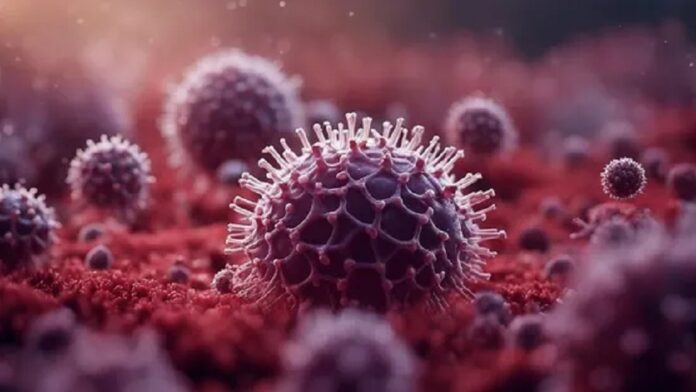Health authorities have raised concerns over a resurgence of the Chikungunya virus in Colombo and Kotte, following several years of low transmission. Medical experts emphasize that the only effective way to curb the spread of the virus is by eliminating mosquito breeding sites.
The Chikungunya virus is transmitted to humans through the bite of an infected mosquito and has been reported across Africa, the Americas, Europe, Asia, and various islands in the Pacific and Indian Oceans. Officials warn that infected travelers could further contribute to the spread of the disease to new regions.
Authorities note that Sri Lanka is experiencing a re-emergence of the virus, particularly in urban zones. With school holidays ongoing, children are spending more time outdoors, and recent rainfall has increased mosquito density, raising the risk of transmission. The public is urged to remain vigilant, destroy mosquito breeding grounds, and maintain clean surroundings to help prevent further outbreaks.
According to the World Health Organization (WHO), symptoms of Chikungunya typically appear four to eight daysafter a mosquito bite but can range from two to 12 days. The most common symptoms include:
- Sudden onset of fever
- Severe joint pain, particularly in the hands and feet
- Muscle pain
- Headache
- Nausea
- Fatigue
- Skin rash
Most patients recover fully, but joint pain can persist for weeks or even months in some cases. While Chikungunya is rarely fatal, it can be more severe in older adults, newborns, and individuals with underlying health conditions.
Health officials urge the public to take proactive measures to reduce the risk of infection, particularly in high-risk urban areas, and to seek medical attention if symptoms appear.Health authorities have raised concerns over a resurgence of the Chikungunya virus in Colombo and Kotte, following several years of low transmission. Medical experts emphasize that the only effective way to curb the spread of the virus is by eliminating mosquito breeding sites.
The Chikungunya virus is transmitted to humans through the bite of an infected mosquito and has been reported across Africa, the Americas, Europe, Asia, and various islands in the Pacific and Indian Oceans. Officials warn that infected travelers could further contribute to the spread of the disease to new regions.
Authorities note that Sri Lanka is experiencing a re-emergence of the virus, particularly in urban zones. With school holidays ongoing, children are spending more time outdoors, and recent rainfall has increased mosquito density, raising the risk of transmission. The public is urged to remain vigilant, destroy mosquito breeding grounds, and maintain clean surroundings to help prevent further outbreaks.
According to the World Health Organization (WHO), symptoms of Chikungunya typically appear four to eight daysafter a mosquito bite but can range from two to 12 days. The most common symptoms include:
- Sudden onset of fever
- Severe joint pain, particularly in the hands and feet
- Muscle pain
- Headache
- Nausea
- Fatigue
- Skin rash
Most patients recover fully, but joint pain can persist for weeks or even months in some cases. While Chikungunya is rarely fatal, it can be more severe in older adults, newborns, and individuals with underlying health conditions.
Health officials urge the public to take proactive measures to reduce the risk of infection, particularly in high-risk urban areas, and to seek medical attention if symptoms appear.
